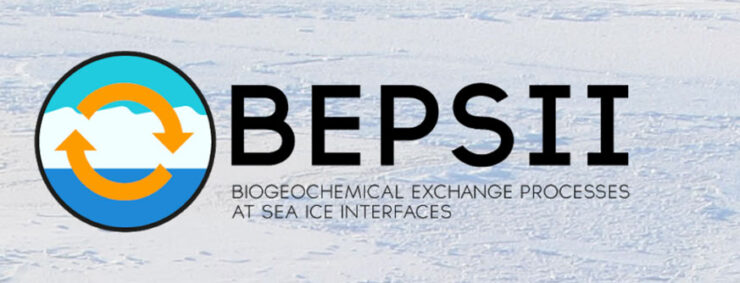 Cryosphere Pavilion Events
Cryosphere Pavilion Events
The Cryosphere Pavilion, organised by the International Cryosphere Climate Initiative (ICCI) in partnership with Chile and Iceland, will feature SCAR in a series of critical discussions and presentations. Now in its fifth year, the Pavilion serves as a vital forum for polar, mountain, and coastal nations affected by cryosphere loss.
SCAR-Co-Hosted Sessions at the Cryosphere Pavilion:
- Tuesday, 19 November
- 11:30 – Safeguarding the Polar Regions from Dangerous Geoengineering
Polar scientists will share the significant issues and risks inherent to five highly-publicized polar geoengineering “schemes,” ranging from technological availability, logistical feasibility, cost, predictable adverse consequences, environmental damage, scalability (in time and space), governance, and ethics. Their measured conclusion is that, given their feasibility challenges, and known as well as unknown risks of negative consequences, these ideas should not distract from the priority to reduce greenhouse gas emissions. This presentation draws from a paper now in pre-print, and authored by over 40 field-leading cryosphere scientists from 33 different institutions.
Link to livestream
Organised by University of Exeter, Scientific Committee on Antarctic Research (SCAR) and International Cryosphere Climate Initiative (ICCI)
- 14:30 – Sea Level Changes: Are You Sure You Know Everything About it?
Sea level rise results from a combination of several processes, from polar ice sheets to mountain glaciers and beyond. In this event, we challenge your knowledge about sea level rise and share the latest science.
Link to livestream
Organised by SCAR, Italian National Institute of Oceanography and Applied Geophysics, Carnegie Mellon University, ICCI
SCAR will contribute to a series of thematic days at the Cryosphere Pavilion that address various aspects of polar and mountain ice loss and its impact on the planet:
- Week 1 Focus Days
- Monday, 11 November – High-level Events / Early Career Scientist Presentations
- Tuesday, 12 November – High-level Events / Hope for the Cryosphere: Feasible Pathways to 1.5°C
- Wednesday, 13 November – Ice Sheets & Sea-level Rise
- Thursday, 14 November – Sea Ice
- Friday, 15 November – Polar Oceans
- Saturday, 16 November – Mountain Glaciers and Snow
- Week 2 Focus Days
- Monday, 18 November – Permafrost
- Tuesday, 19 November – Ice Sheets & Sea-level Rise
- Wednesday, 20 November – Mountain Glaciers and Snow
- Thursday, 21 November – Mountain Glaciers and Snow
- Friday, 22 November – Cryosphere Myth-busting
The full event schedule, including a livestream link for Cryosphere Pavilion events, is available online.
 Published on 12th November by ICCI, the State of the Cryosphere 2024 – Lost Ice, Global Damage report, authored by over 50 leading cryosphere scientists, warns of severe economic and environmental threats posed by accelerating ice loss worldwide. According to the report, current climate pledges, which allow for over 2°C of warming, risk irreversible damage to billions, including catastrophic sea-level rise and water scarcity beyond adaptation limits. This urgent assessment underscores the need for stronger climate action to prevent the far-reaching impacts of global ice melt.
Published on 12th November by ICCI, the State of the Cryosphere 2024 – Lost Ice, Global Damage report, authored by over 50 leading cryosphere scientists, warns of severe economic and environmental threats posed by accelerating ice loss worldwide. According to the report, current climate pledges, which allow for over 2°C of warming, risk irreversible damage to billions, including catastrophic sea-level rise and water scarcity beyond adaptation limits. This urgent assessment underscores the need for stronger climate action to prevent the far-reaching impacts of global ice melt.
 The 2024 United Nations Climate Change Conference (COP29) is now underway in Baku, Azerbaijan, bringing nations together to strengthen commitments under the Paris Agreement and combat climate change. SCAR is hosting and participating in numerous events throughout COP29, highlighting the pressing impact of climate change on polar regions and the global implications of a changing cryosphere.
The 2024 United Nations Climate Change Conference (COP29) is now underway in Baku, Azerbaijan, bringing nations together to strengthen commitments under the Paris Agreement and combat climate change. SCAR is hosting and participating in numerous events throughout COP29, highlighting the pressing impact of climate change on polar regions and the global implications of a changing cryosphere. 
 Cryosphere Pavilion Events
Cryosphere Pavilion Events
 BEPSII-Hosted Events at COP29
BEPSII-Hosted Events at COP29